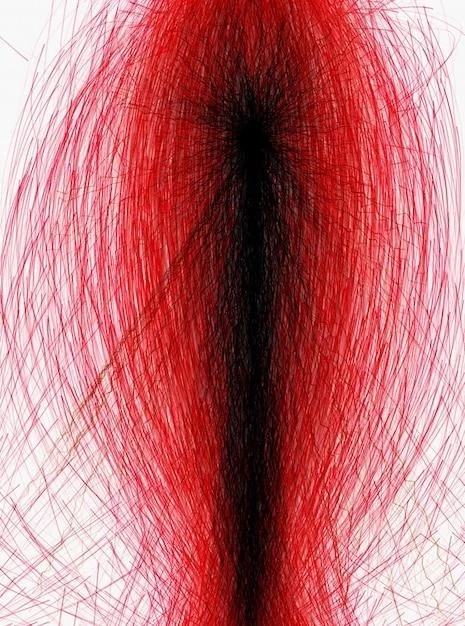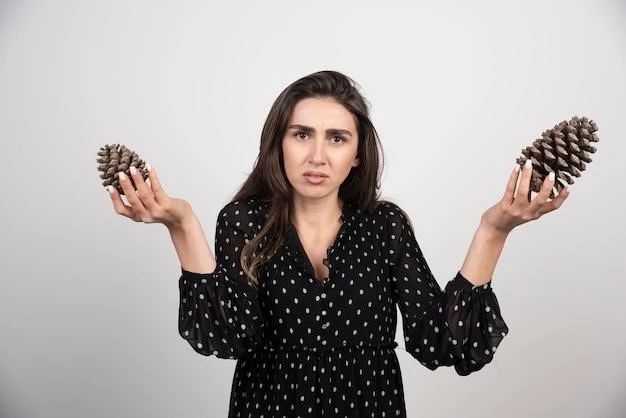Introduction
Welcome to the comprehensive guide on Mental Retardation-Polydactyly-Uncombable Hair Syndrome. Explore the symptoms, genetic characteristics, and much more below.
Overview of Mental Retardation-Polydactyly-Uncombable Hair Syndrome
Mental Retardation-Polydactyly-Uncombable Hair Syndrome is a complex condition characterized by intellectual disability, extra fingers, and unmanageable, frizzy hair. The syndrome involves a combination of physical and cognitive challenges that impact individuals in various ways. From genetic characteristics related to specific genes to the rarity of uncombable hair syndrome, this comprehensive guide delves into the various aspects of this unique condition. Discover how this syndrome affects mental and emotional health, learn about diagnosis and treatment approaches, and explore the latest research findings and support services available for individuals with this syndrome.
Symptoms
Common signs of Mental Retardation-Polydactyly-Uncombable Hair Syndrome include unmanageable hair, intellectual disability, and extra fingers. Consult a healthcare provider for proper evaluation and care.
Common Signs and Symptoms
Mental Retardation-Polydactyly-Uncombable Hair Syndrome presents a unique set of symptoms, including uncombable hair, intellectual disability, and extra fingers. Seek medical evaluation for proper diagnosis and management of the syndrome.
Disease Definition
Intellectual Disability-Polydactyly-Uncombable Hair Syndrome is a rare genetic disorder characterized by cognitive impairment, extra fingers or toes, and unruly hair patterns. Learn more about this complex condition.
Intellectual Disability-Polydactyly-Uncombable Hair Syndrome⁚ A Complex Condition
Intellectual Disability-Polydactyly-Uncombable Hair Syndrome is a rare condition with cognitive impairments, extra fingers or toes, and unique hair characteristics. The syndrome presents challenges in various aspects of an individual’s life, requiring specialized care and management strategies. Understanding the complexities of this syndrome is crucial for effective diagnosis and support. Dive into the details of this multifaceted disorder and learn about the latest insights into its genetic components and clinical manifestations.
Genetic Characteristics
Evidence indicates that patients with Intellectual Disability-Polydactyly-Uncombable Hair Syndrome possess pathogenic variants in PADI3, TGM3, or TCHH genes. Understanding these genetic traits is essential for diagnosis and management.
Identification of Pathogenic Variants in PADI3٫ TGM3٫ or TCHH
Individuals with Intellectual Disability-Polydactyly-Uncombable Hair Syndrome exhibit pathogenic variants in the PADI3, TGM3, or TCHH genes. These genetic characteristics play a significant role in the manifestation and management of this rare syndrome. Understanding these specific gene mutations is crucial for accurate diagnosis and tailored treatment options for affected individuals.
Uncombable Hair Syndrome
Uncombable Hair Syndrome, a rare condition, leads to unruly hair growth in multiple directions, making combing or brushing challenging. Seek understanding and be patient with this unique hair pattern.
Rarity and Diagnostic Features of Uncombable Hair Syndrome
Uncombable Hair Syndrome is a rare anomaly affecting less than 100 individuals worldwide. Diagnostic features include unruly hair growth, unique hair shaft patterns, and the presence of specific gene variants. Understanding the rarity and distinct characteristics of this syndrome is crucial for accurate diagnosis and appropriate management strategies. Seek specialized care to address the challenges associated with Uncombable Hair Syndrome.

Impact on Individuals
Individuals with Mental Retardation-Polydactyly-Uncombable Hair Syndrome may experience challenges related to intellectual disability, extra fingers, and unmanageable hair. Seek professional guidance for support and management strategies.
Effects on Mental and Emotional Health
Individuals with Mental Retardation-Polydactyly-Uncombable Hair Syndrome may face challenges related to their appearance, cognitive abilities, and emotional well-being. The combination of intellectual disability, unique hair characteristics, and physical anomalies can impact self-esteem and social interactions. Seeking psychological support and understanding from family and healthcare providers can help individuals navigate the emotional aspects of living with this complex syndrome.
Case Studies
Read about real-life cases of individuals affected by Mental Retardation-Polydactyly-Uncombable Hair Syndrome. Gain insights into their challenges and journeys for a better understanding.
Real-Life Examples of Individuals Affected by the Syndrome
Explore firsthand accounts of individuals living with Mental Retardation-Polydactyly-Uncombable Hair Syndrome. Learn about their challenges, resilience, and unique experiences to gain a deeper understanding of this complex condition.
Seek medical evaluation for proper diagnosis of Mental Retardation-Polydactyly-Uncombable Hair Syndrome. Treatment options may vary based on individual symptoms. Consult healthcare professionals for personalized care.
Diagnosis and Treatment
For patients with Mental Retardation-Polydactyly-Uncombable Hair Syndrome, seeking a proper diagnosis is crucial. Treatment options are dependent on individual symptoms and may involve a multidisciplinary approach. Consulting healthcare providers for personalized care is essential for managing this complex syndrome effectively.
Stay informed about the latest research findings on Mental Retardation-Polydactyly-Uncombable Hair Syndrome for insights into advancements in understanding and managing this complex condition.
Research Findings
Stay up to date with the recent research and discoveries surrounding Mental Retardation-Polydactyly-Uncombable Hair Syndrome to stay informed about advancements in diagnosis and treatment options.
Discover the link to other genetic disorders causing mental retardation and how they relate to Intellectual Disability-Polydactyly-Uncombable Hair Syndrome.
Syndromes and Disorders Associated
Learn about the link between Mental Retardation-Polydactyly-Uncombable Hair Syndrome and other genetic disorders causing intellectual disability to gain a comprehensive understanding of associated conditions.
Explore available resources for individuals with Mental Retardation-Polydactyly-Uncombable Hair Syndrome to access specialized care and support for managing this unique condition.
Support Services
Explore available resources specifically tailored to individuals with Intellectual Disability-Polydactyly-Uncombable Hair Syndrome to access comprehensive care and assistance in managing this unique condition.

Medical Professionals’ Perspective
Discover insights from healthcare providers on managing Mental Retardation-Polydactyly-Uncombable Hair Syndrome. Gain valuable perspectives on treatment options and care strategies.
Insights from Healthcare Providers on Managing the Syndrome
Healthcare providers offer valuable perspectives on addressing the challenges associated with Mental Retardation-Polydactyly-Uncombable Hair Syndrome. Their insights can guide effective treatment plans and support strategies tailored to the unique needs of affected individuals.
Prognosis and Long-Term Outlook
Understanding the long-term outlook for individuals with Mental Retardation-Polydactyly-Uncombable Hair Syndrome can provide insights into managing the condition effectively. Consulting healthcare professionals can help navigate the future journey for patients with this complex syndrome.
Understanding the Future Journey for Patients
Embarking on the future journey with Intellectual Disability-Polydactyly-Uncombable Hair Syndrome involves staying informed about advancements in research and treatment options. Collaborating with healthcare professionals can help individuals navigate challenges and embrace a positive long-term outlook.
Awareness and Advocacy
Efforts are being made to raise awareness and provide support for individuals affected by Mental Retardation-Polydactyly-Uncombable Hair Syndrome. Advocacy plays a crucial role in ensuring access to resources and understanding for those living with this condition.
Efforts to Raise Awareness and Support Affected Individuals
Various efforts are underway to raise awareness and provide support for individuals impacted by Mental Retardation-Polydactyly-Uncombable Hair Syndrome. Advocacy initiatives aim to increase understanding, improve access to resources, and foster a supportive community for those living with this complex condition.
Conclusion
After exploring the diverse aspects of Mental Retardation-Polydactyly-Uncombable Hair Syndrome, staying informed, seeking support, and fostering advocacy for affected individuals are crucial steps for enhancing understanding and promoting comprehensive care.
Summarizing the Key Points and Recommendations
After delving into the details of Mental Retardation-Polydactyly-Uncombable Hair Syndrome, key takeaway points include understanding the diverse symptoms, genetic characteristics, and impact on individuals. It is important to seek specialized care, stay informed about research findings, and advocate for awareness and support for affected individuals.
